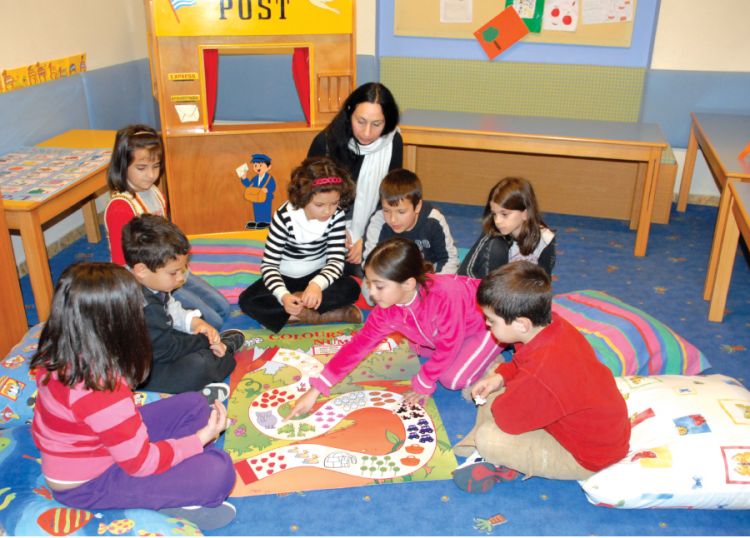There has been a great effort to develop teaching techniques especially when young learners are involved, unfortunately their attention span is quite short. So Teachers should be creative and capable of arising the learners’ energy, enthusiasm, curiosity. One way to achieve it is through “Games”. The word “game” itself sounds magical to the ears of learners, synonym to play, fun.
By Fani Giannioti Dede – Teacher Trainer
But what are the benefits of playing a game?
Games:
-offer a natural context of communication among children
-motivate children to speak (to persuade a child to say something in a foreign language is sometimes a difficult task)
-make children repeat the same sentences again and again, something dull to be done otherwise
-are interactive as they provide opportunities for a continual natural exchange between pupils
-are especially attractive to pupils because they put down the cards, shuffle, cast the dice etc.
-are easier to understand because they are a more natural activity than language drills
-go beyond the educational value since they learn important social skills such as cooperating and working in teams
When to use games
Games can be played at any stage of a lesson: as a warm up, to recycle, present new language, as a practice activity or a rewarding rounding up of a lesson.
The Role of the Teacher
-Before playing a game, the language to be used should be revised and practised.
-Instructions given should be staged, brief and clear. A new game should be first demonstrated by the teacher together with a pupil.
-Speak English, Practise English phrases that will be used while playing.
-While pupils are playing monitor the class, help out whenever it is necessary, make notes of the language that should be recycled .
-After the game, ask the children to give you brief feedback. For example, ask them what they enjoyed/didn’t enjoy, if they needed help, if they liked speaking English. Then, give them your own feedback.
Don't forget:
Time spent on playing games is TIME WELL SPENT. •
